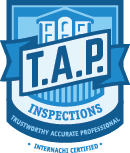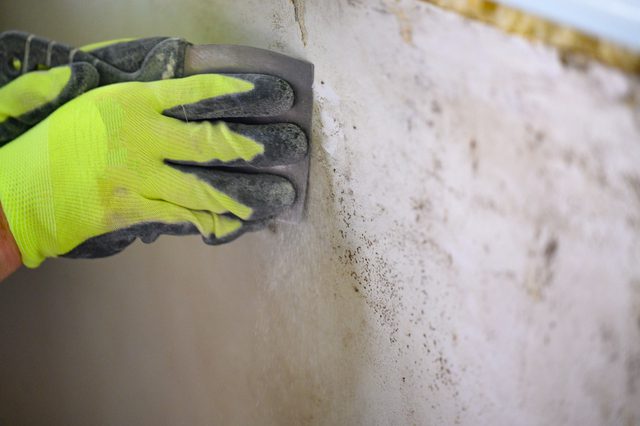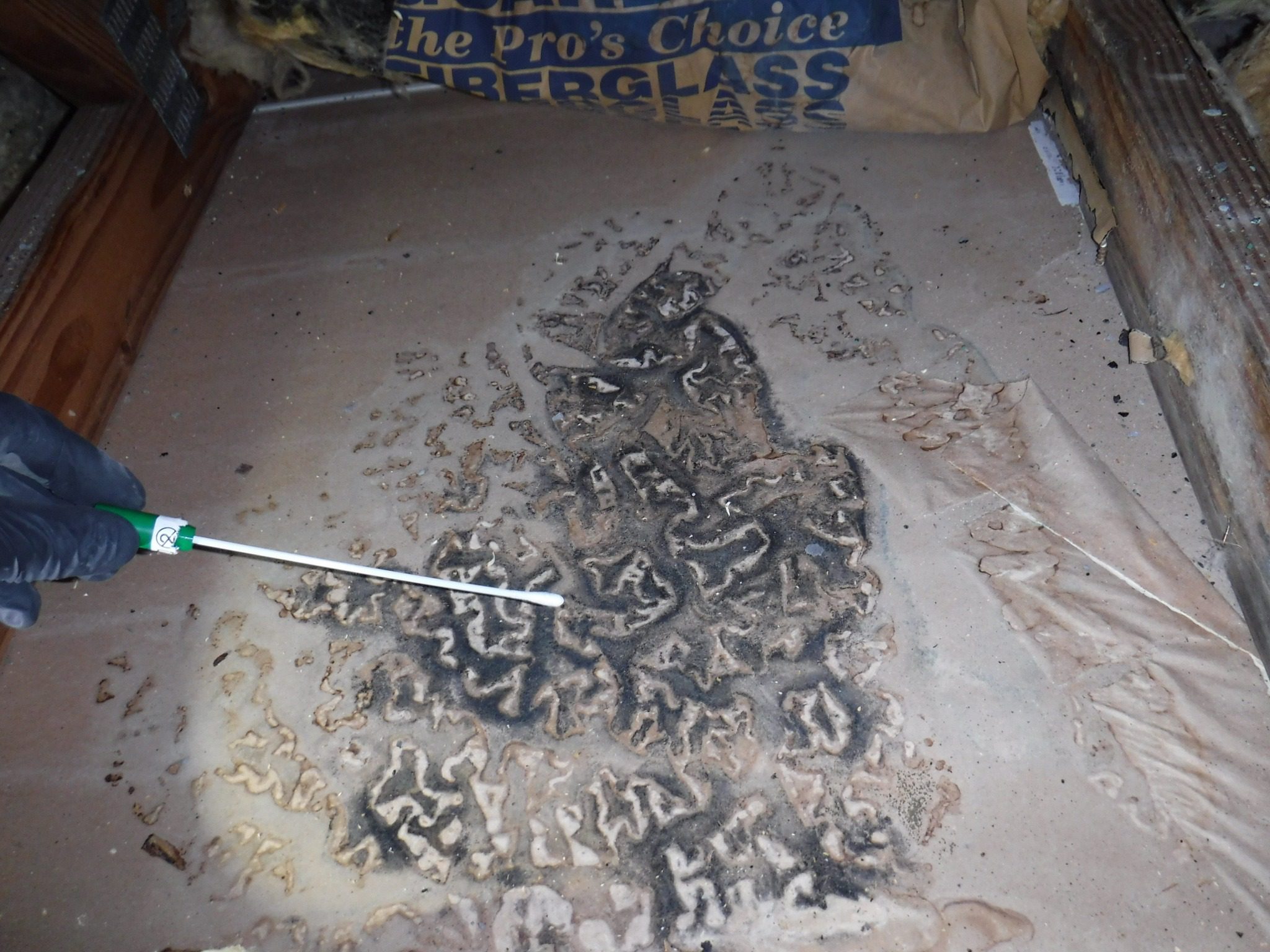The Dangers of Mold Exposure
Exposure to mold can pose significant health risks. It’s crucial to be aware of the potential dangers and take appropriate steps to protect yourself and your loved ones.
- Mold spores, when inhaled, can cause allergic reactions and respiratory symptoms.
- Prolonged exposure to mold can lead to more severe health issues, including respiratory infections, asthma exacerbation, and systemic illnesses.
- Individuals with weakened immune systems or respiratory conditions are more vulnerable to the health effects of mold exposure.
- Moisture and humidity are key contributors to mold growth in indoor environments.
- Promptly addressing any moisture issues and conducting thorough mold remediation are essential for preventing further contamination.
Exposure to mold can have serious implications for your health. Mold spores, which are microscopic particles released by mold, can trigger allergic reactions and respiratory symptoms such as sneezing, coughing, and congestion. In some cases, mold exposure may lead to more severe health issues, including respiratory infections, asthma exacerbation, and even systemic illnesses. It’s crucial to understand the potential dangers associated with mold and take proactive measures to mitigate the risks.
Mold spores and health effects
- Mold spores are small particles released by mold colonies and can be inhaled into the respiratory system.
- They can cause allergic reactions, such as nasal congestion, sneezing, and skin rashes, in susceptible individuals.
- Prolonged exposure to mold spores can lead to more severe respiratory symptoms and infections.
Increased risks for vulnerable individuals
- Individuals with weakened immune systems, such as the elderly or those with certain medical conditions, are at higher risk.
- People with respiratory conditions, such as asthma or allergies, may experience worsening symptoms due to mold exposure.
- Children and infants are also more susceptible to the health effects of mold.
Moisture as a contributing factor
- Mold thrives in damp and humid environments, making bathrooms, kitchens, and basements prone to mold growth.
- Water leaks, condensation, and high humidity levels create favorable conditions for mold colonization.
Importance of prompt remediation
- Thorough mold remediation is crucial to prevent further contamination and reduce health risks.
- Professional mold remediation services can ensure proper containment, removal, and prevention of future mold growth.
Reference Materials
- Environmental Protection Agency (EPA) – “A Brief Guide to Mold, Moisture, and Your Home”
- Centers for Disease Control and Prevention (CDC) – “Mold: Basic Facts”
Conclusion
By understanding the dangers of mold exposure and its potential health risks, you can take proactive steps to protect yourself and your family. Promptly addressing moisture issues, conducting thorough mold remediation when necessary, and maintaining optimal indoor conditions can help create a healthier living environment. If you suspect mold in your home or experience persistent health issues related to mold exposure, consult with professionals for proper assessment and remediation. Stay informed and take the necessary precautions to safeguard your well-being.









